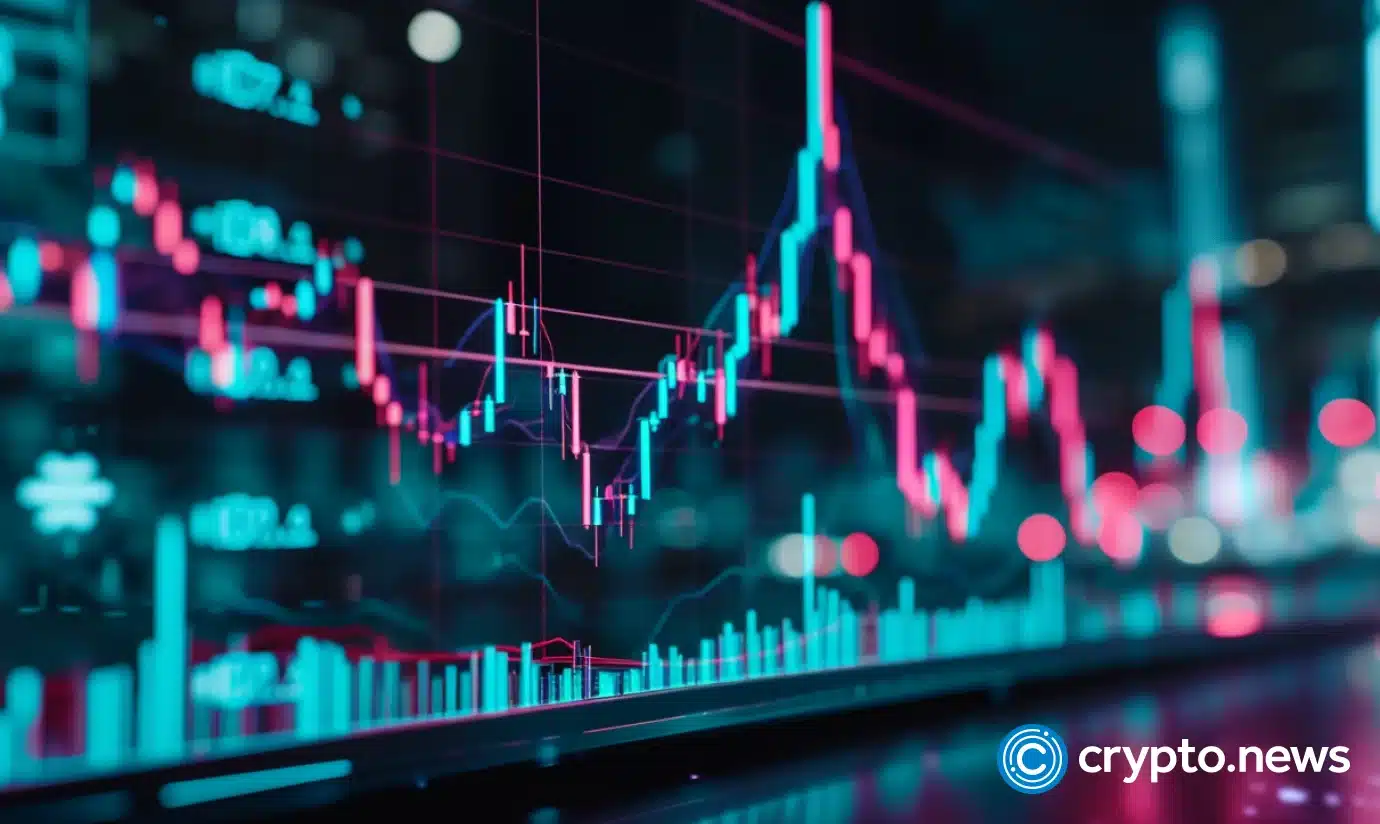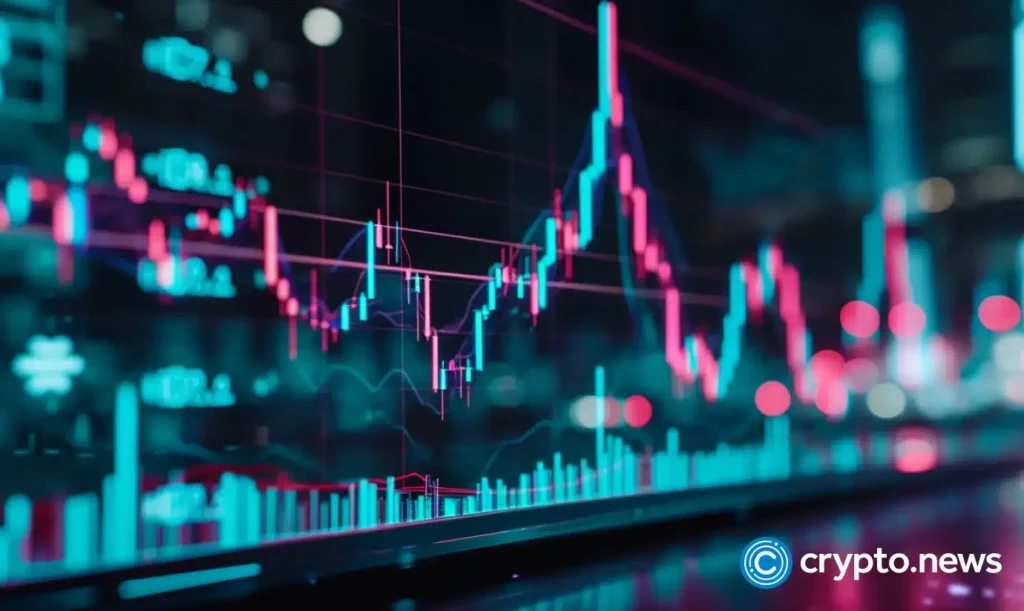[ad_1]

In the upcoming week, a token release of over $5 million will take place, featuring assets such as SUI, OP, ZETA, KAS, DYDX, ENA, and others.
According to Tokenomist, the first in the unlock cycle is SUI, with $263.20 million in tokens scheduled to be unlocked, amounting to 2.19% of its circulating supply. This event is expected to occur approximately one day from now. Likewise, $58.61 million worth of Optimism (OP) tokens, or 2.32% of the total supply, will be unlocked within hours. Then comes Zeta Chain (ZETA), with $31.22 million, or 9.35% of its supply, that will be released in the same timeframe.
Other key projects include dYdX, which will release $12.75 million in tokens, or 1.17% of its supply, and Ethena (ENA), whose $12.73 million in tokens will account for 0.44% of its supply.
The Kaspa (KAS) token, on the other hand, will unlock $21.39 million worth of tokens within the next six days, making up 0.72% of its circulating supply. These releases crowd circulating supply and can push up prices, trading volumes, and liquidity through the market. Leveraging the GHOSTDAG consensus protocol, KAS enables the parallel creation of blocks, resulting in the formation of a block Directed Acyclic Graph or blockDAG for improved scalability and consensus. Unmatched by the current 1 block/s and the plan to achieve 10 or even 100 block/s, KAS is built for high-throughput financial applications, with speed, scalability, and security as its pillars, and features like directed acyclic graph (DAG) topology querying, data pruning, and SPV proofs and layer 2 subnetworks.
Token unlocks refer to the planned release of locked crypto tokens, typically allotted to early investors, team members, or ecosystem growth. These events raise a token’s circulating supply, which can impact its price in a scenario where market demand cannot absorb the newly issued tokens. Because they affect market dynamics, transparency, and investor sentiment, unlock is essential.
Big unlocks can indicate selling pressure and affect near-term prices, while the others might drive ecosystem growth by funding development or incentivizing participation. Investors usually monitor them — to anticipate price movements and adjust strategies.
[ad_2]
Source link

